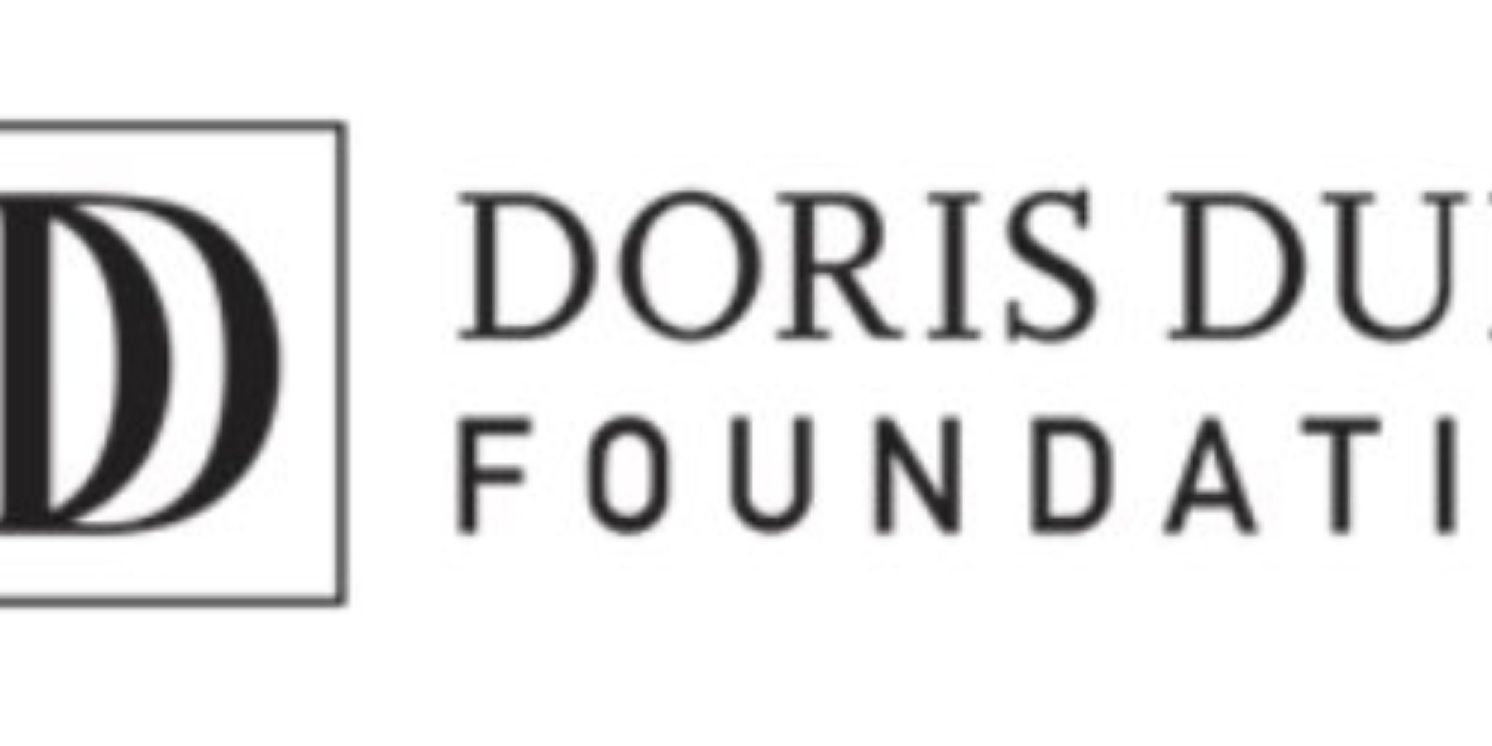Doris Duke Foundation Offers Grants Through Inaugural Performing Arts Technologies Lab
Projects accepted into the Lab will receive funding for prototyping and feasibility testing, and more.

The Doris Duke Foundation has announced the 20 pioneering artists, technologists, and arts organizations that will receive grants through the inaugural Performing Arts Technologies Lab, a first-of-its-kind accelerator for projects seeking to explore innovative uses of digital technology in the performing arts. Projects accepted into the Lab will receive funding for prototyping and feasibility testing, production facilities advice, and knowledge- and network-building opportunities.
“Today is an important milestone for the Doris Duke Foundation as we proudly recognize these remarkable artists and organizations who have looked beyond their own challenges in search of solutions to meet the needs of an entire industry,” said Sam Gill, president and CEO of the Doris Duke Foundation.
Selected projects tackle a wide range of opportunities in how the performing arts are produced, distributed, and consumed, including:
exploring the use of emerging technologies such as artificial intelligence in creating, presenting, experiencing, and preserving works across the performing arts, particularly among artists representing underserved populations and cultures;
enabling artists and audience members with disabilities to further access, create, and engage with art through the development of new digital tools;
preserving inherently ephemeral works in the performing arts through new archiving technologies, fulfilling a need that is especially acute for Black, Indigenous, and People of Color (BIPOC) artists; and pursuing field-wide solutions to pressing issues such as capital needs.
Doris Duke Foundation Arts Program Director Ashley Ferro-Murray said, “The more than 700 applications we received for this program sent us a clear message: performing artists are ready and excited to push the boundaries of what technology can do. They are asking critical questions about open-source approaches, accessibility, and representation. Our goal is to help these innovators do what artists do best— bringing new, powerful experiences to audiences.”
In addition to funding, a critical part of the Lab experience will be technical advice and programming that help grantees build and benefit from peer-to-peer support networks across the field.
The initiative generated widespread enthusiasm, with an open call generating 745 applications from individual artists, universities, presenters, producers, and arts organizations in 43 states, as well as Washington, D.C., and Puerto Rico.
Videos

